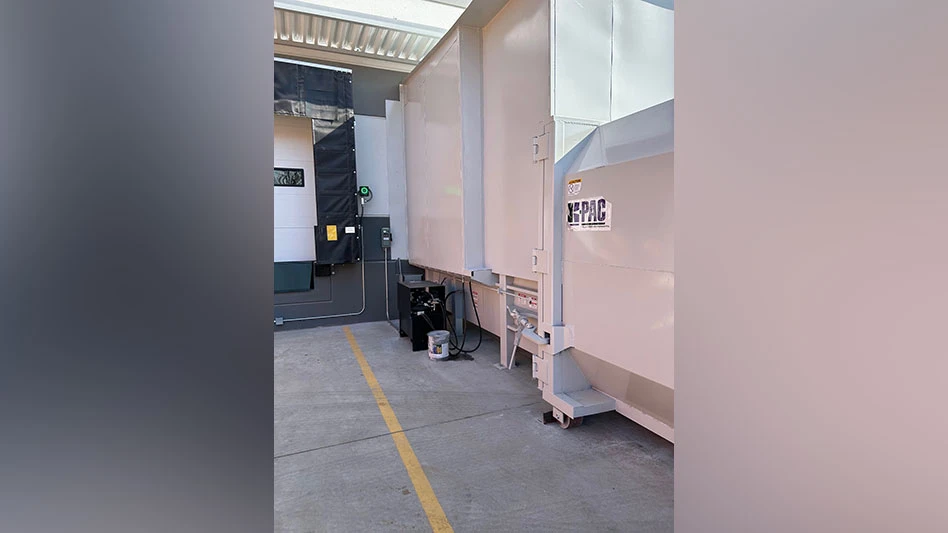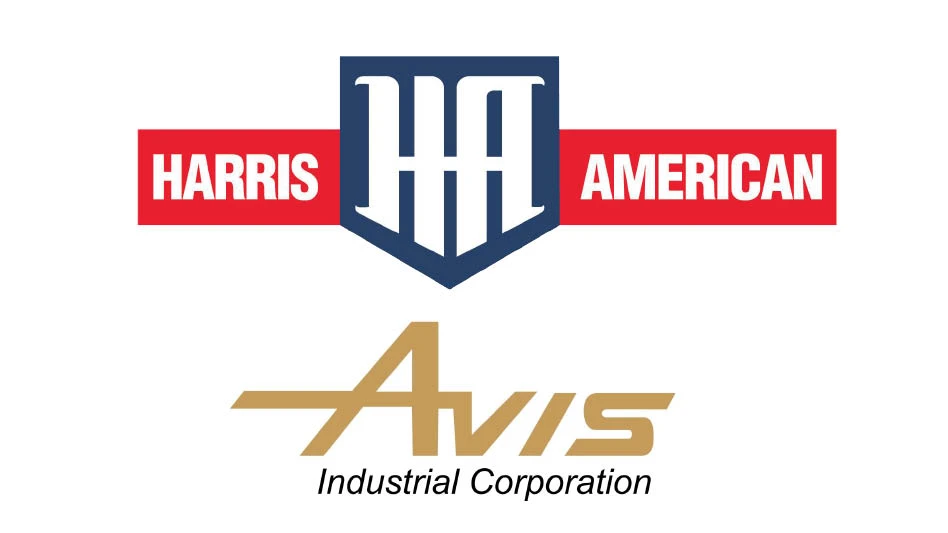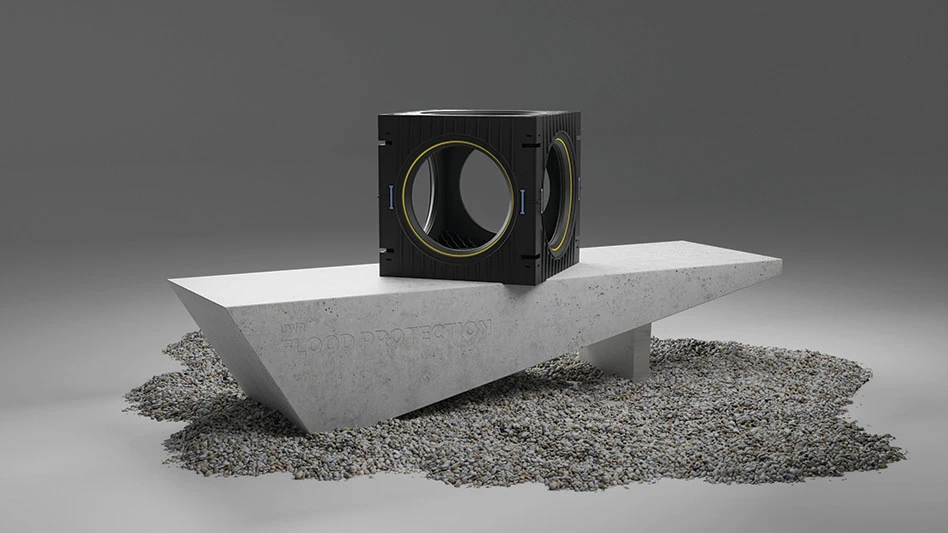
Ocean Conservancy, a nongovernmental organization based in Washington, says it is working closely with more than two dozen members of Congress to initiate a request to regulate plastic scrap treated with gasification and pyrolysis methods—two forms of chemical recycling technologies—as “municipal waste combustion units.”
The effort has already drawn the attention of the Washington-based American Chemistry Council (ACC), which expressed its opposition to the idea earlier this month.
Ocean Conservancy says it is backing the move at the same time “the plastics industry mounts an aggressive lobbying campaign to promote these technologies as solutions to the ocean plastics crisis despite serious environmental and community consequences.”
On April 29, the NGO says Reps. Jared Huffman (D-CA) and Alan Lowenthal (D-CA) were joined by 23 other members of Congress in sending a letter to the House Appropriations Subcommittee on the Interior, Environment, and Related Agencies requesting the United States Environmental Protection Agency (EPA) regulate plastic scrap gasification and pyrolysis plants, citing a provision of the Clean Air Act.
“The truth is that right now pyrolysis, gasification and other chemical recycling technologies are just a fancy way to say, ‘burning plastics for energy,’ and this simply isn’t compatible with a healthy, plastic-free ocean,” says Dr. Anja Brandon, U.S. Plastics Policy Analyst at Ocean Conservancy.
Brandon adds, “Burning plastics emits greenhouse gases and countless toxic chemicals and incentivizes industry to continue unfettered plastics production instead of investing in a working recycling system. To keep plastics out of our ocean, we need to make less plastic, and better recycle what we already have; expanding chemical recycling will kill any chance we have of accomplishing either.”
The letter, sent to Subcommittee Chair Chellie Pingree (D-ME) and Ranking Member David Joyce (R-OH), stated in part that “these chemical recycling technologies contribute to climate change, cause harmful health impacts in the surrounding communities, and do not represent a solution to the plastic pollution crisis. Chemical recycling does not represent a viable path forward to achieving a circular economy.”
Kathy Tsantiris, associate director of government relations at Ocean Conservancy, says, “This language still has a long way to go, but the letter sends a clear signal that regulating chemical recycling is a growing environmental priority.”
In its reply to the request, the ACC portrays chemical recycling (which it also calls “advanced recycling”) in a completely different light. The trade group says there currently are “seven commercial-scale advanced recycling facilities” and others “leveraging existing chemical manufacturing infrastructure to make virgin-quality plastic from used plastics in the U.S.”
ACC calls it “just the beginning of a massive wave of new projects” that can “reduce greenhouse gas emissions 43 percent relative to waste-to-energy incineration of plastic films made from virgin-resources.”
Latest from Recycling Today
- Enfinite forms Hazardous & Specialty Waste Management Council
- Combined DRS, EPR legislation introduced in Rhode Island
- Eureka Recycling starts up newly upgraded MRF
- Reconomy Close the Gap campaign highlights need for circularity
- Nickel carbonate added to Aqua Metals’ portfolio
- EuRIC, FEAD say End-Of-Life Vehicle Regulation presents opportunity for recyclers
- Recyclers likely to feel effects of US-China trade war
- BCMRC 2025 session preview: Navigating battery recycling legislation and regulations





